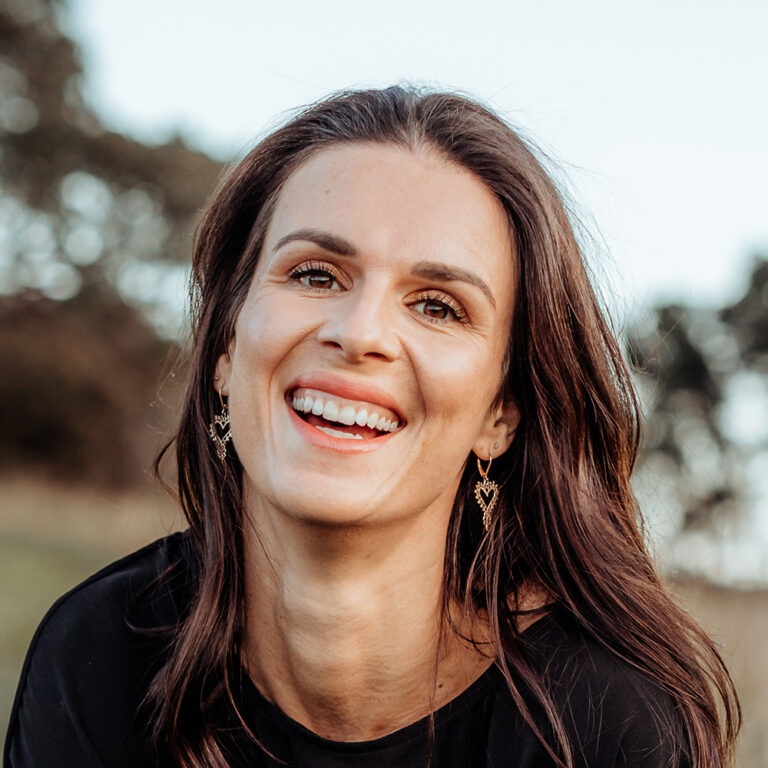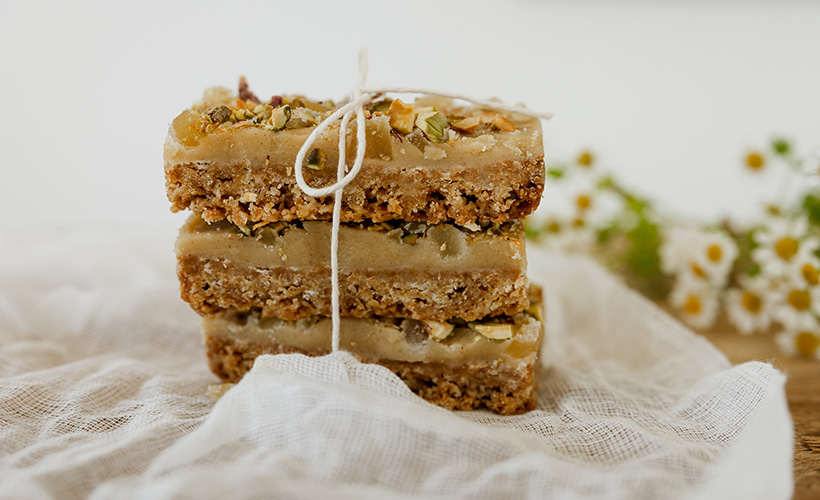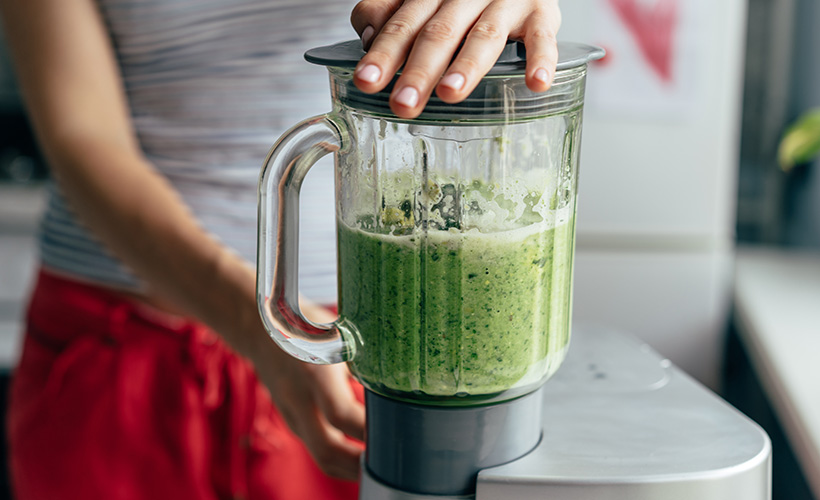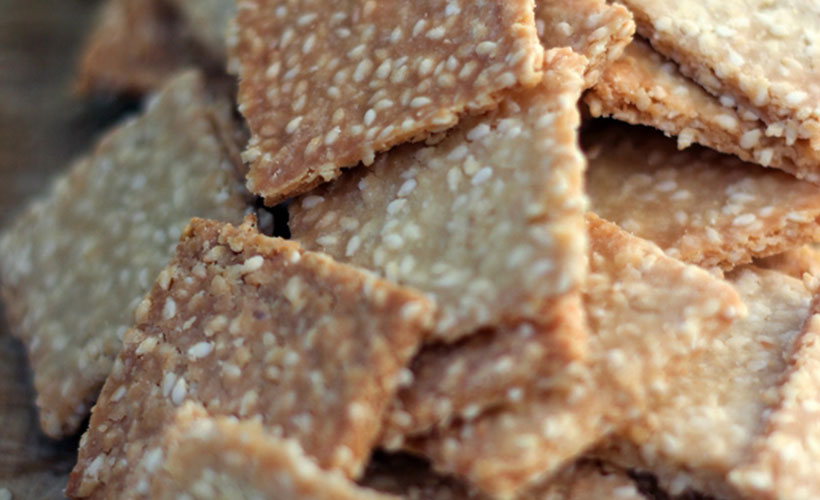For some, caffeine has its perks, but it can pose problems, too. Even small amounts of caffeine are enough to affect some people adversely, with possible symptoms of depression, nervousness, irritability, headaches, heart palpitations, and insomnia. People prone to feeling stress and anxiety tend to be especially sensitive to caffeine. Why exactly is this, and what steps can we take to give up the habit of coffee?
Firstly, coffee is a stimulant drug, and we can actually become physically addicted to it. That’s why you feel good when you get your first cup of coffee in the morning and why you likely feel pretty bad when you first try to give it up. The pleasure you feel when you drink your first cup in the morning comes from satisfying the caffeine cravings produced by your body’s initial withdrawal symptoms as a result of your body not getting its periodic fix of caffeine for 8 hours or so while you sleep. The supposed benefits are that it stimulates the central nervous system, temporarily alleviating fatigue and improving concentration and focus.
There are emotional addictions to the caffeine high as well, such as the belief that with the caffeine stimulation, you’ll perform better. The rush certainly provides that illusion, but it’s brief, and when it’s gone, you generally get the opposite effect.
So, what are some of the downsides to consuming coffee?
- Coffee stresses the adrenals: It encourages our body to secrete adrenaline from the adrenal glands, which then stimulates insulin secretion. This, in turn, can fuel hypoglycemia, which means craving sweets a few hours later, crazy dips in energy, and moodiness!
- Coffee is extremely acid-forming in the body: For optimum health, we want to choose foods that will help us raise the alkalinity of our blood and our bodies, and coffee does the opposite.
- Coffee taxes the liver: Long-term coffee drinking can tax our liver, a major fat-burning and detoxifying organ.
- Coffee can deplete us of nutrients. Heavy coffee consumption can cause a deficiency in B vitamins, making us feel fatigued, nervous and achy. Regular consumption can prevent nutrients from being absorbed efficiently in our small intestine, which can further contribute to nutritional deficiencies such as calcium loss.
What are some of the withdrawal symptoms you could expect if you’re giving up the coffee?
Anxiety, nausea, tiredness, muscle tension, headaches, moodiness, constipation, and inability to think clearly.
You may be wondering if switching to decaf or organic coffee is a healthier alternative. Well get a whiff of this…decaf coffee (especially of the cheaper variety) can have the caffeine extracted from it by a chemical called trichloroethylene, which is toxic…as in it is also used for dry-cleaning and degreasing metals!
Switching to decaf can be a good way to wean yourself off coffee, starting with the lack of caffeine but still allowing you to enjoy the flavour you’re used to. Look for decaf coffee brands that use CO2 and water methods to remove the caffeine. As for organic, if you’re going to drink coffee, this is definitely a case of organic is best, as coffee is one of the most heavily sprayed crops in the world!
In order to give up coffee successfully, it’s important to first understand what your body and emotions will go through for a few days during withdrawal. The intensity of the withdrawal depends on how much of it and how long you’ve been drinking coffee.
As with most drugs, physical withdrawal lasts about 3-7 days. Psychological withdrawal lasts about 30-90 days with symptoms being the most intense during the first 21 days and then they’re progressively easier to handle in the weeks and months that follow. You can give up coffee cold turkey, although to ease yourself off caffeine, I recommend that you do it in these three steps.
- Identify your reasons for wanting to stop. The stronger your reasons for giving up coffee, the less impact the withdrawal will have on you.
- Gradually reduce the amount of coffee you drink based on a predetermined schedule. Let’s say you normally drink 5 cups a day. Over a week, cut out one cup per day so that by the sixth day, you’re at zero.
- On your first day without coffee, which would be the sixth if you follow step 1, replace the habit with green or non-caffeinated herbal tea. Your best choice is non-caffeinated herbal tea, but if you need a little transitional help, drink green tea for a few days and then non-caffeinated herbal tea for a few days after that.
Your mind may come up with some amazing excuses, justifications, and reasons for giving in. The key is to recognise them for what they are — caffeine cravings – and ignore them. Coffee affects people in different ways and, like most things, shouldn’t necessarily be viewed as entirely “good” or “bad.” But if you identify with anything in this article and feel it may be time to look at how coffee consumption could hinder your health and how giving it up may help, I hope you find this overview beneficial!


















Community